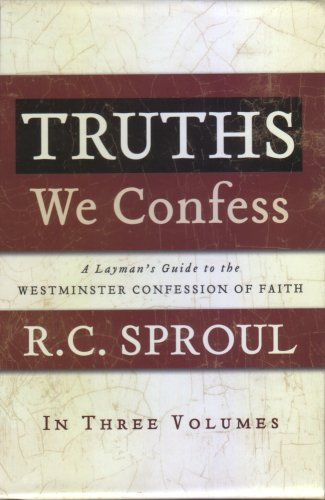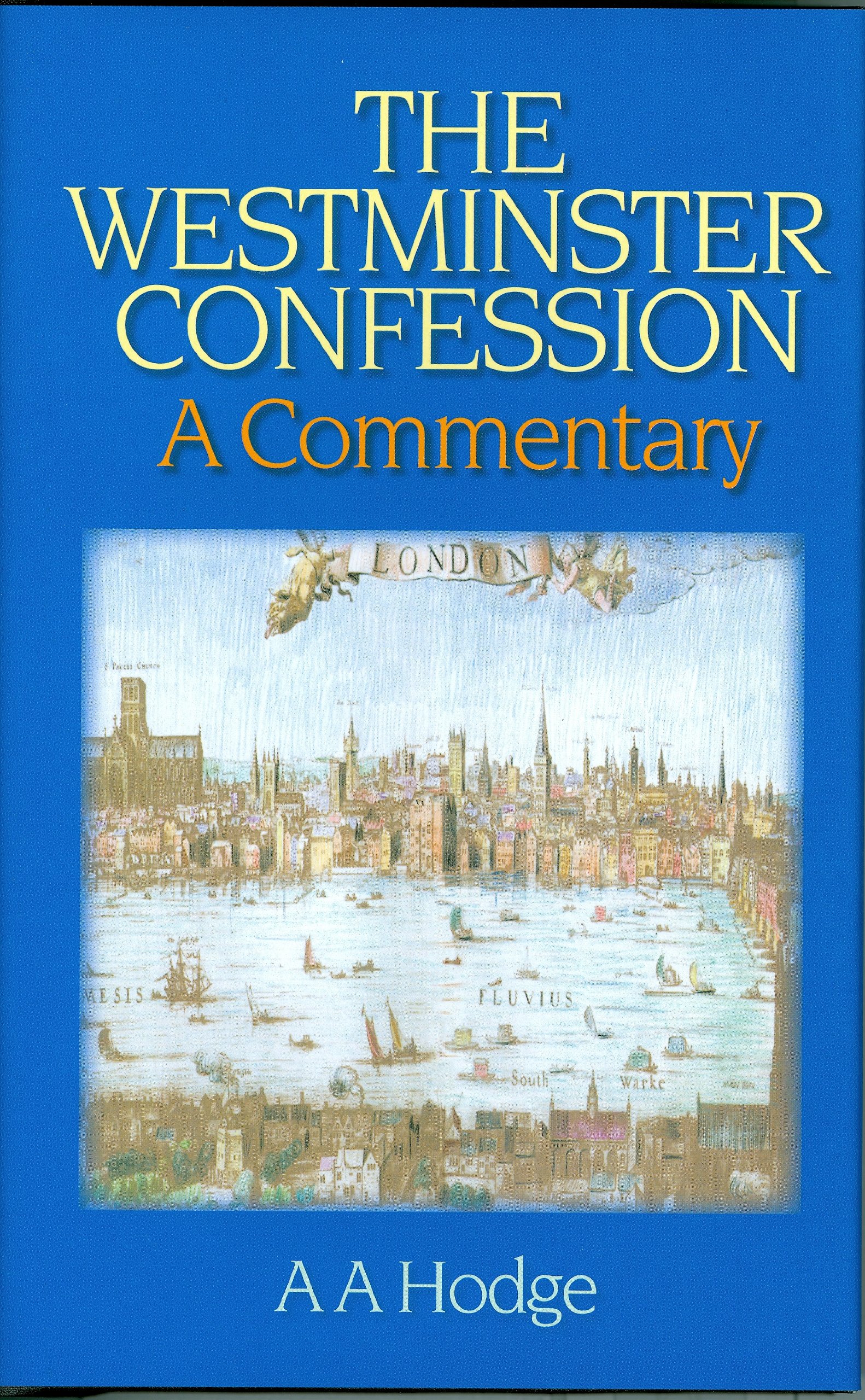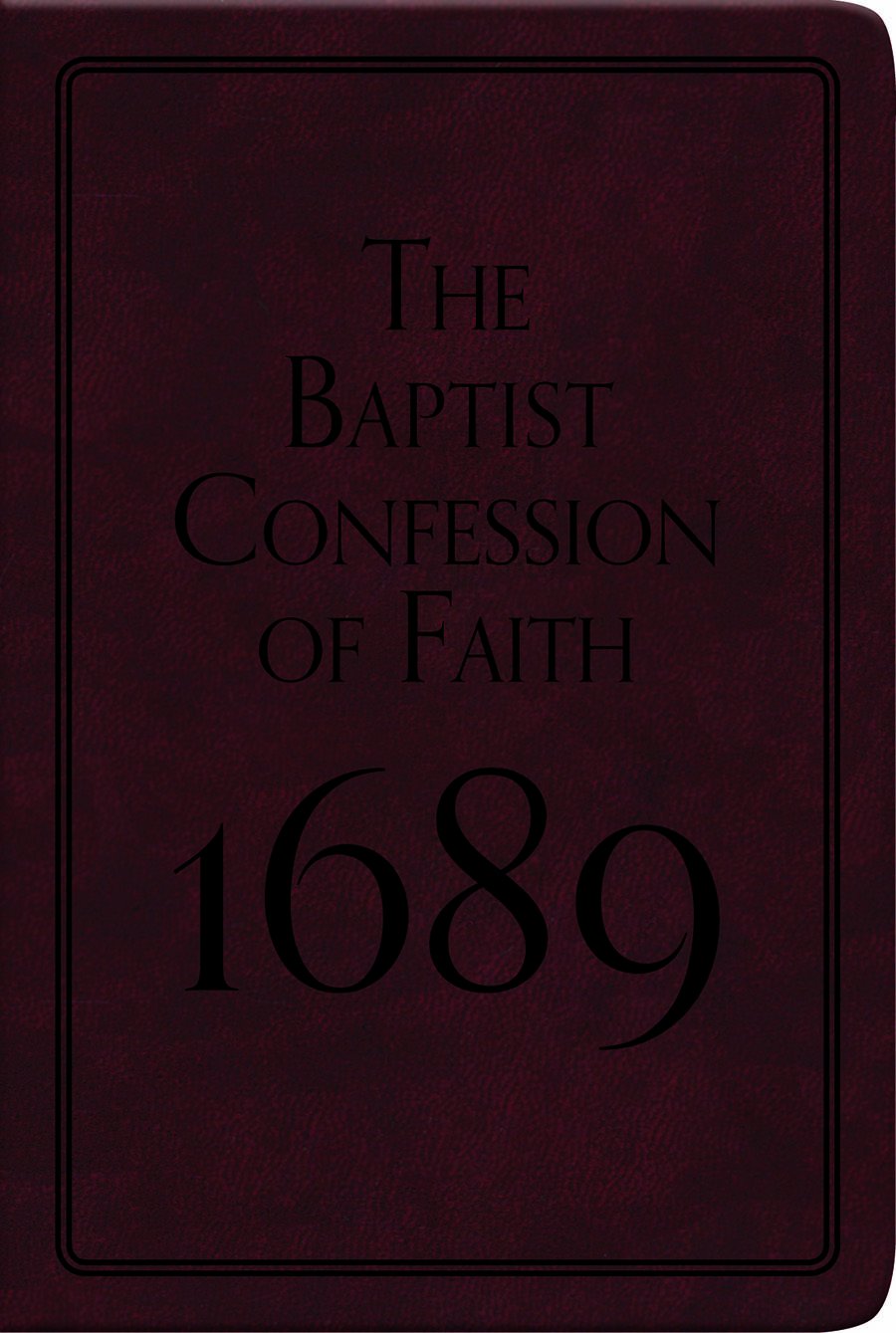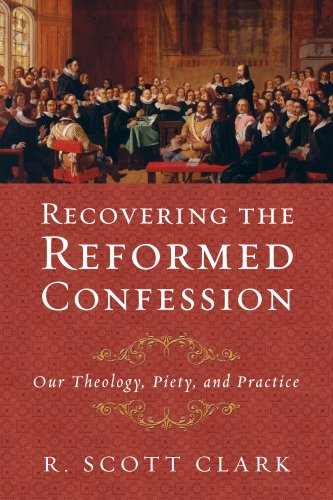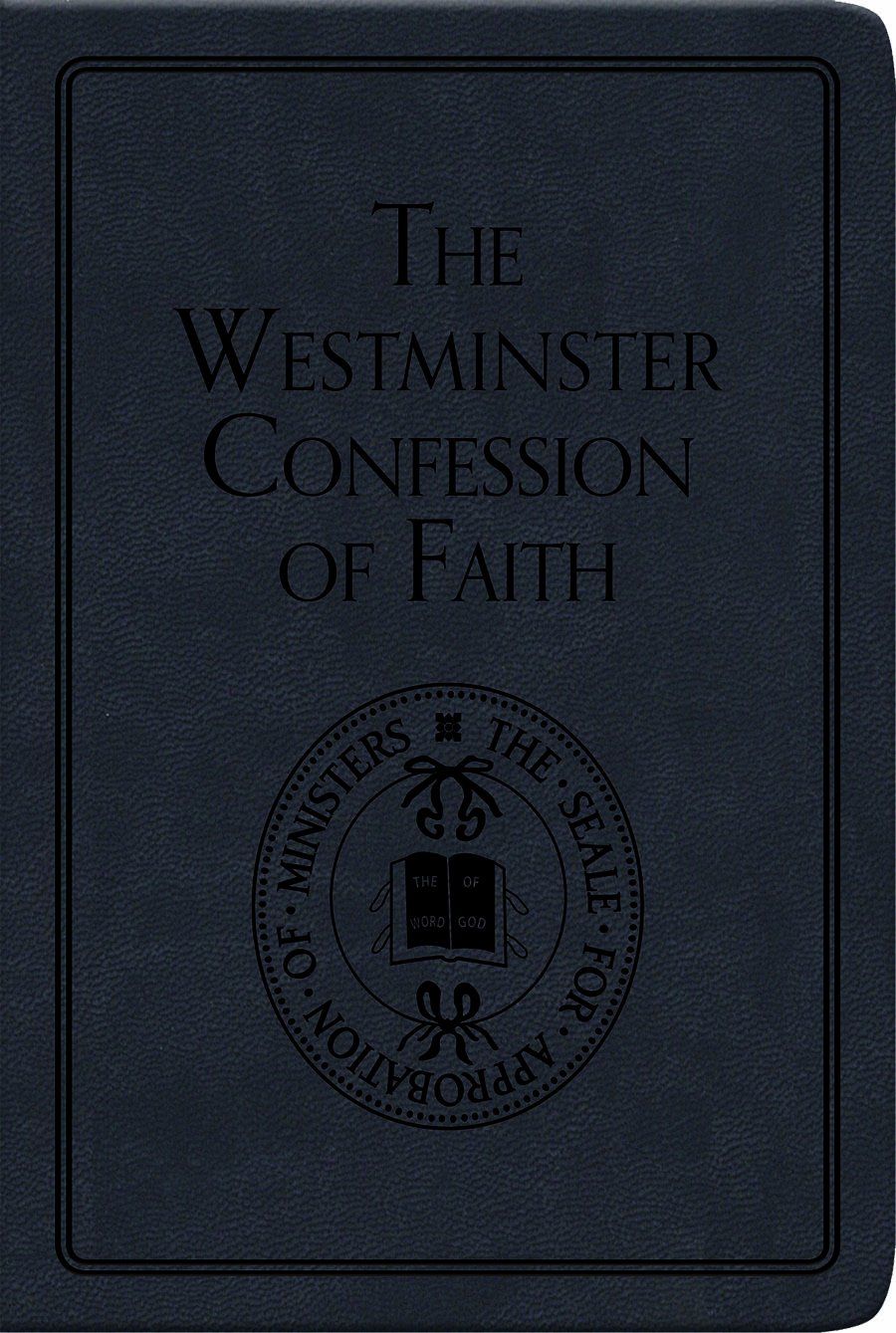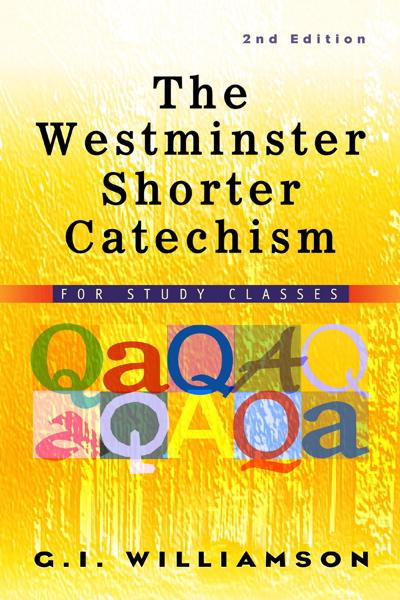The Scottish Commissioners
Although the Scottish commissioners cannot be said to have formed a party in the Westminster Assembly, this is perhaps the proper place to advert to their appointment, character, and peculiar position in that meeting. When the calling of an assembly of divines first suggested itself, the English Parliament had determined to ask the counsel and assistance of the Church of Scotland in regard to the new form of government that should be set up in room of that which had been abolished. So long a time, however, elapsed before any formal application was made to the General Assembly for an appointment to this effect, that the Scots began to suspect the sincerity of their English friends. At length, in August 1643, commissioners from England arrived with power to consult with both the Convention of Estates and the General Assembly.
These commissioners represented the Lords, the Commons, and the Westminster Assembly respectively, and consisted of persons selected from each of these bodies – the Earl of Rutland, from the Lords, Sir William Armyn, Sir Henry Vane, Mr. Hatcher, and Mr. Darley, from the Commons, and Messrs. Marshall and Nye, from the Assembly. They were charged with a declaration of both Houses of Parliament, expressing a desire for reformation in religion, and begging aid from Scotland in the matter; also, with a document to the same effect from the Westminster Assembly, signed by the prolocutor, Dr. Twisse, and by Dr. Burgess and Mr. White, his two assessors; and further, with a private letter, subscribed by no fewer than seventy of the Westminster divines. The English commissioners were introduced in due form to the General Assembly, having been previously saluted and welcomed, in name of that court, by Mr. Robert Douglas, Mr. George Gillespie, and my Lord Maitland. The papers were all presented and read in public. ‘The letter of the private divines,’ says Baillie, ‘was so lamentable that it drew tears from many.’ Certain preliminary steps having been taken, and particularly the English commissioners and the General Assembly having agreed upon a Bond of Union between the two countries – the famous Solemn League and Covenant, the General Assembly proceeded to appoint persons to represent them in the meeting of divines at Westminster. Those fixed upon were, Messrs Henderson, Douglas, Baillie, Gillespie, and Rutherford, ministers; with the Earl of Cassils, Lord Maitland, and Johnstone of Warriston, elders. Two of this number, Mr. Douglas and the Earl of Cassils, never attended.
We cannot afford time to portray the characters of the Scots commissioners individually and minutely. The extensive knowledge, the studious habits, and the promptitude and ease in graphic composition, of Baillie; the mental power, the logical precision, the affectionate earnestness, and the lofty devotional feeling, of Rutherford; the calm dignity, the intellectual might, the prodigious wisdom, and the true moral greatness, of Henderson; and the untiring energy, the comprehensive learning, the controversial tact, and the brilliant eloquence, of young Gillespie, conspired to render the commissioners from Scotland the admiration of the Assembly, and to reflect the highest honor on the country and the church to which they belonged.
Soon after the General Assembly of August 1643, the Scots commissioners proceeded to London. Henderson, Gillespie, and Lord Maitland arrived some short time before the others. They obtained from Parliament a warrant to sit in the Westminster Assembly; for without this, they could not find access even after being invited. ‘Here no mortal man,’ says Baillie, ‘may enter to see or hear, let be to sit, without an order in write from both Houses.’ They were received, September 15th, in the most courteous manner; the prolocutor and other members delivering congratulatory addresses, to which a suitable reply was made by Henderson. The same order was observed when Baillie and Rutherford were introduced a month afterwards.
As the Scots commissioners were not included in the list of persons nominated in the Parliamentary ordinance calling the Assembly, they are to be regarded as occupying a somewhat peculiar position. They were not so much constituent as corresponding members. They were there, not by appointment of Parliament, although they needed to obtain a warrant to sit, but rather in virtue of an invitation from both Houses and from the Westminster Assembly itself, conveyed to them by the commissioners sent down by these respective bodies to solicit aid from the Church of Scotland, and also in virtue of the authority of the General Assembly, by which, in compliance with this call, they had been delegated.
Such is the view which the Scots commissioners themselves were disposed to take of their position in the Assembly. ‘When our commissioners came up,’ Baillie remarks, ‘they were desired to sit as members of the Assembly; but they wisely declined to do so; but since they came up as commissioners for our national Church to treat for uniformity, they required to be dealt with in that capacity. They were willing, as private men, to sit in the Assembly, and upon occasion to give advice in points debated; but for the uniformity they required a committee might be appointed from the Parliament and Assembly to treat with them thereanent. All this, after some harsh enough debates, was granted; so once a week, and whiles ofter, there is a committee of some Lords, and Commons, and Divines, which meet with us anent our own commission.’ To this circumstance Gillespie pointedly refers in the opening of his speech before the General Assembly on his return: ‘Ye know we have acted in a double capacity according to our commission: we have gone on in a way of treating with the committee of Parliament and Divines jointly, and have given in many papers, etc. We have acted in another capacity, debating with and assisting the Assembly of divines their debates.’
In conformity with this dignified attitude, the Scots commissioners had places both of private residence and official ministrations appropriated to their use. They lived at Worcester House in the city, a mansion on the banks of the Thames, near the Tower, which belonged to the Lord High Treasurer of England. Baillie, in a letter to Dickson, remarks, ‘In all outward accommodations, and civil respects, from all kinds of men, we are all here served as princes.’ The Church of St. Antholin or St. Anthony was especially set apart for their service, and there the ministers preached in turn to crowded audiences. Even Clarendon, with all his prejudices, while he characterizes their preaching as ‘most insipid and flat,’ admits that ‘to hear those sermons there was so great a conflux and resort, that from the first appearance of day in the morning on every Sunday, to the shutting in the light, the church was never empty.’
The Scots commissioners reported from time to time to the General Assembly the proceedings of the divines at Westminster, and some of them even went down occasionally to Scotland, and in person put the church there in possession of the facts of the case. Baillie’s Assembly speeches in 1645 and 1647, and that of Gillespie on his return, are admirable specimens of that peculiar style of composition, and for gravity and dignity of manner, for condensation of thought, and for beauty of language, they might be profitably studied as models by some of the ecclesiastical orators of our own day.
It is admitted on all hands that the services performed by the Scots commissioners in the Westminster Assembly were great. Their laborious application to the business with which they were entrusted is above all praise, and there is reason to fear that more than one of them fell victims to their unwearied industry and uncompromising fidelity. Their correspondence expresses many complaints of fatigue and exhaustion. ‘Believe it,’ says Baillie, ‘for as slow as you may think us, and as we pronounce ourselves to be, yet all the days of the week we are pretty busy. We sit daily from nine till near one; and afternoon till night we are usually in committees. Saturday, our only free day, is to prepare for Sunday, wherein we seldom vaick from preaching in some eminent place of the city. Judge what time we have for letters, and writing of pamphlets, and many other business. We would think it a great ease, both in our body and spirits, to be at home.’ ‘If our neighbors at Edinburgh,’ says he in another place, ‘tasted the sauce wherein we dip our venison at London, their teeth would not water so fast to be here as some of them doth.’
And lest these should be mistaken for a querulous temper, take another extract, which evinces the fervent and deep-toned piety by which these men were sustained amid their superhuman exertions: ‘We expect the favor of God to help us over the rocks, and through the storms, in the midst whereof we sail at this hour. The answer and return of your prayers we oft feel and acknowledge. All our company, blessed be God, have had perfect health, good courage, and hearty unanimity, in all things; great credit and reputation; sensible assistance in every thing, and hitherto very good success, to all our motions, either for Church or State; so that we are hopeful to wrestle through the present difficulties, as we have done many before, by the help of the prayers of God’s people among you.’
A large share of the honor due to the Westminster Assembly for its incomparable productions must be ascribed to the efficient aid lent by the commissioners from Scotland. This is especially the case in respect of every thing connected with the Presbyterian form of church government, which, notwithstanding the formidable opposition they had to encounter, both from Erastians and Independents within, and from the Houses of Parliament without, they succeeded in settling on a solid basis of Scripture. ‘Had not God sent Mr. Henderson, Mr. Rutherford, and Mr. Gillespie among them,’ observes the faithful chronicler so often quoted, ‘I see not that ever they could have agreed to any settled government.’
The extent of these services was both appreciated and acknowledged by the Assembly itself, as appears from the compliments paid the Scots commissioners on their taking leave, to return to their own country. It was unanimously agreed to record in the books, ‘that the Assembly had enjoyed the assistance of the honourable, reverend, and learned commissioners of the Church of Scotland, during all the time they had been debating and perfecting the Directory of Public Worship, the Confession of Faith, the Form of Church Government, and the Catechism.’ The prolocutor, Mr. Herle (who had been appointed in room of Dr. Twisse, deceased), returned thanks, in name of the Assembly, to the honorable and reverend commissioners. Baillie speaks of ‘an honourable testimony and many thanks for his labours’ having been bestowed on him by the prolocutor on his taking leave of the Assembly. The ‘honourable testimony’ is supposed by his biographer to have been a silver cup with a suitable inscription, which was voted to him, and which is said to be still in the possession of one of his descendants.
While all the commissioners contributed their share of labor, in committees, in giving advice, in writing letters, and in publishing pamphlets on subjects of importance, the chief weight of the public discussions devolved on Rutherford and Gillespie. ‘None in all the company,’ says Baillie, ‘did reason more, or more pertinently, than Mr. Gillespie. That is an excellent youth; my heart blesses God in his behalf. Of a truth there is no man whose parts in a public dispute I do so admire. He has studied so accurately all the points ever yet came to our Assembly; he has gotten so ready, so assured, so solid a way of public debating, that however there be in the Assembly diverse very excellent men, yet in my poor judgment, there is not one who speaks more rationally and to the point, than that brave youth has ever done.’
It may here be observed that, notwithstanding the number of members in the Assembly, few comparatively were accustomed to take part in the public discussions. Baillie says, ‘I had been ever silent in all their debates; and, however this silence sometimes weighted my mind, yet I found it the best and wisest course. No man there is desired to speak: four parts of five does not speak at all; and among these are many most able men, and known by their writes and sermons to be much abler than sundry of the speakers; and of these few that use to speak, sundry are so tedious and thrusts themselves in with such misregard of others, that it were better for them to be silent. Also there are some eight or nine so able, and ready at all times, that hardly a man can say anything, but what others, without his labour, are sure to say as well or better. Finding therefore that silence was a matter of no reproach, and of great ease, and brought no hurt to the work, I was content to use it, as Mr. Henderson also did for the farmost part of the last two years. My writes did conciliate to me credit enough, and my sense of inability to debate with the best, made me content to abstain; whereof I never did as yet repent.’
